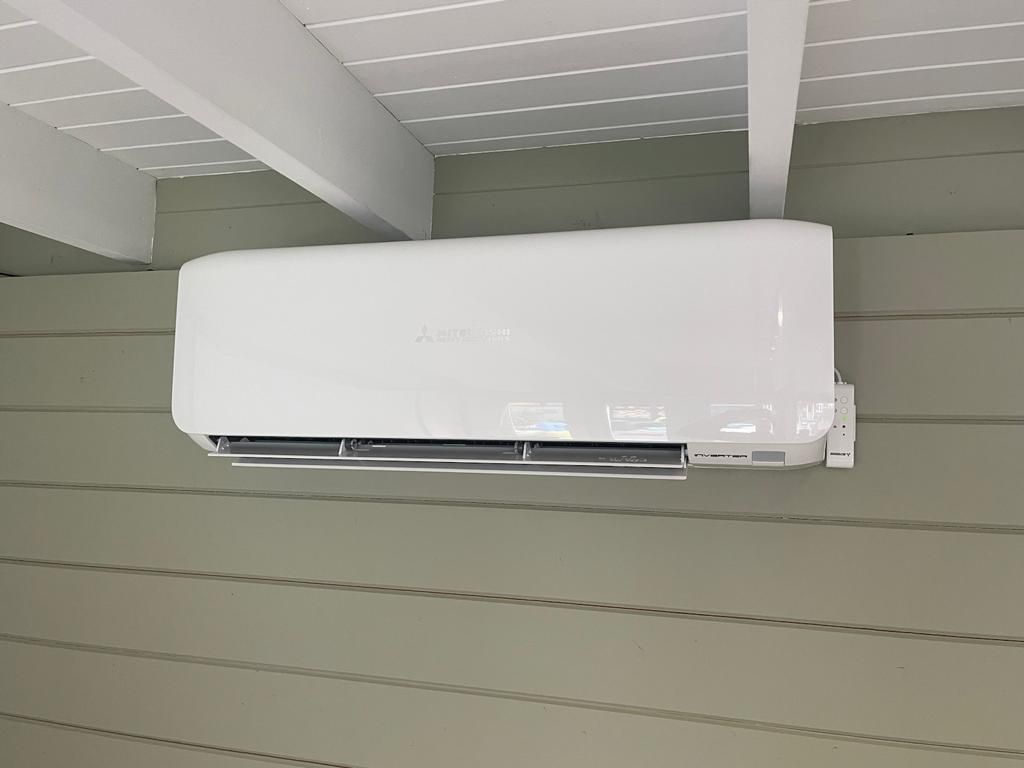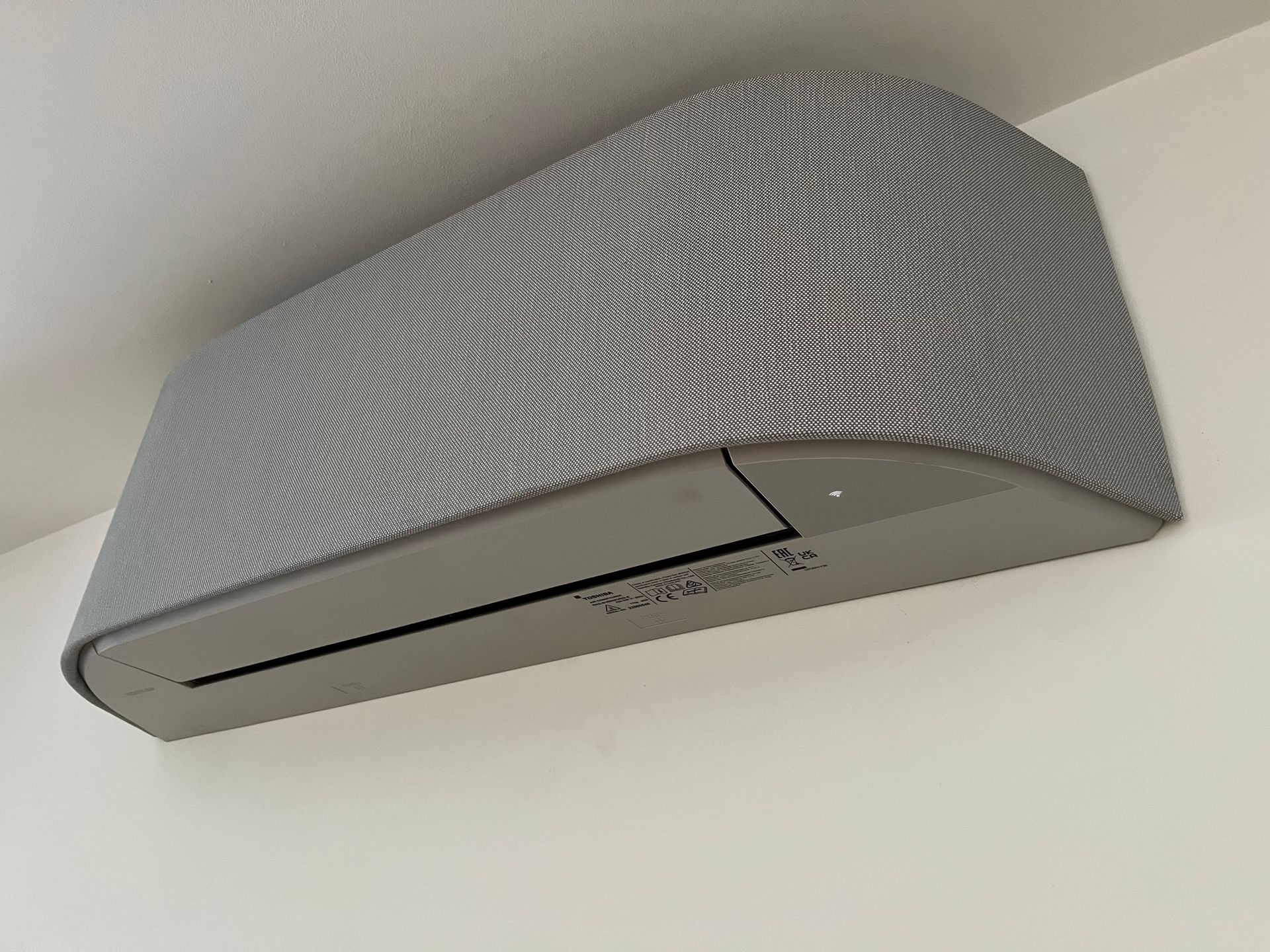What Are The ‘F Gas Regulations’?
What Are The ‘F Gas Regulations’?
The F Gas Regulations are a set of rules in the UK that are designed to
reduce the use and release of fluorinated greenhouse gases (F gases), which
are potent contributors to climate change. The regulations apply to
businesses and individuals who use, handle, or release F gases, and they
set out a number of requirements that must be followed.
The main F gases regulated by the regulations are hydrofluorocarbons
(HFCs), which are commonly used in refrigeration, air conditioning, and
heat pump systems. The regulations require businesses and individuals who
use these systems to:
• Keep records of the amount of F gases they use and release
• Repair and maintain the systems in a way that minimizes the release of F gases
• Replace systems or parts that are likely to fail with alternatives that have a lower global warming potential (GWP)
• Recover and recycle F gases when systems are decommissioned or disposed of
• Train employees who work with F gases
The F Gas Regulations are in place for a number of reasons, including:
• To reduce greenhouse gas emissions: F gases are potent contributors to
climate change, and reducing their use and release can help to reduce
greenhouse gas emissions and mitigate the impacts of climate change.
• To protect the environment: F gases can have a number of negative
environmental impacts, including damaging the ozone layer and contributing
to air pollution. The regulations aim to minimize these impacts.
• To promote the use of alternatives: The regulations encourage the use of
alternatives to F gases that have a lower GWP, which can help to reduce
greenhouse gas emissions and the environmental impacts of these substances.
Overall, the F Gas Regulations are in place to reduce the use and release
of F gases in the UK, which are potent contributors to climate change. They
set out requirements for businesses and individuals who use refrigeration,
air conditioning, and heat pump systems to minimize the release of F gases
and to use alternatives with a lower global warming potential.







